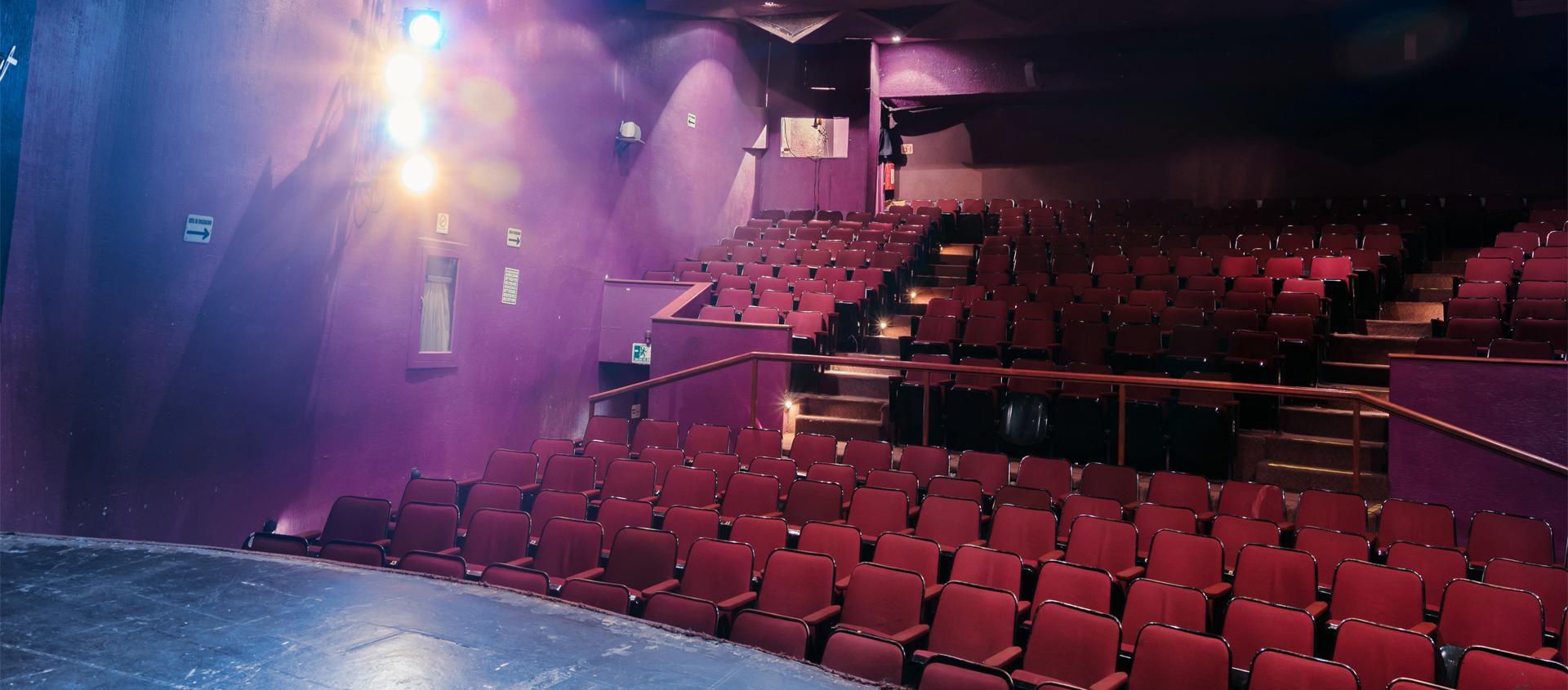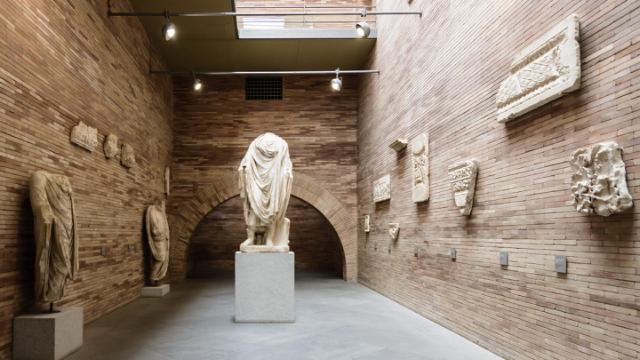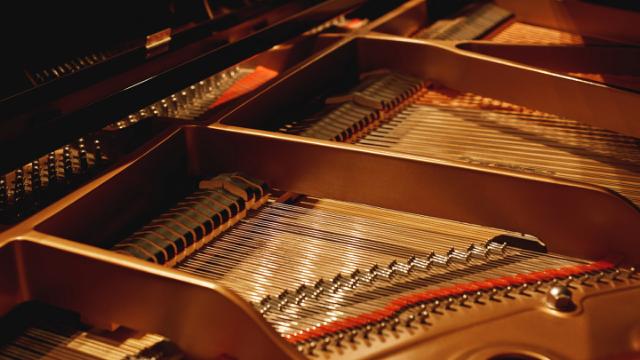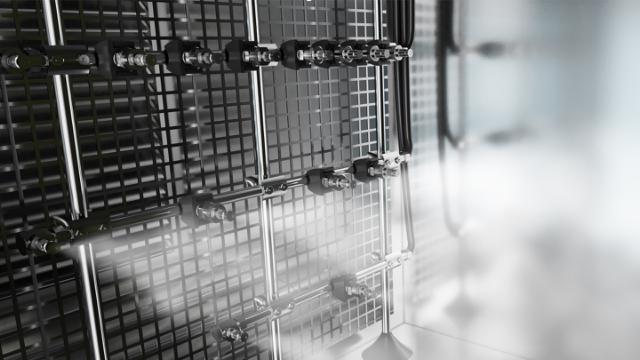
How humidity controls and protects art, performers, and guests
Keeping constant, balanced and ambient humidity levels is a must to preserve the valuable art and provide the optimal condition for performers. In opera houses, for instance, the air humidity level affects the singers’ performance and wellbeing.
Strict control of the air humidity level is a must in the arts industry. Here’s how:
Museums and theatres are both venues where many people gather at the same time. Both are also home to priceless art and to expensive equipment such as musical instruments, electronic equipment, stage sets, and furniture.
All of this must be protected and kept from the effects of seasonal fluctuations in humidity, which puts high demands on the interior climate.
There is no single ideal relative humidity for all museum objects, but it should never fluctuate rapidly.
An Airtec® air humidifying system ensures the air humidity stays at a consistent level at all times that keeps people and items in good condition.
All artefacts that contain hygroscopic materials (paper, wood-LINK) require a stable environment. This is because improper humidity levels will cause the fibers to contract or expand as they absorb or release water molecules. This process will eventually cause deterioration, warping, fading, or mold growth.
This is all avoided with correct climate control that ensures stable conditions and correct humidity levels of 45+65% RH.


Indoor climate and musical instruments
Professional musicians take good care of their instruments and require optimum conditions for both storage and performance. Acoustic instruments in particular, such as pianos and string instruments can be extremely valuable, made of high-quality wood.
Since wood is hygroscopic in nature, instruments will absorb water molecules if they are placed in an environment with improper air humidity level. This will make the instrument sound unpitched and impossible to tune correctly.
A piano, and other keyboard instruments, have a sound board made of pine to enhance sound. If the surrounding air humidity is not maintained at correct levels, the pine wood in the sound board will start absorbing and releasing water molecules. Eventually, the pine wood will get too dry, which will cause it to burst.
Dry air will cause materials in the instruments to dry because they will release water molecules to the surrounding air, harming product quality.
How an air humidifying system helps in museums and theatres
- Protects priceless works of arts from drying or from mold
- Protects valuable instruments
- Provides optimal conditions for performers such as opera singers
- Reduces risk of electrostatic discharges (ESD)
- Pleasant environment for visitors and staff
